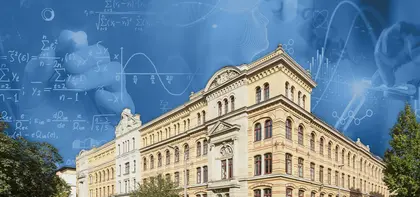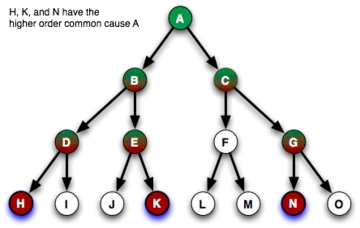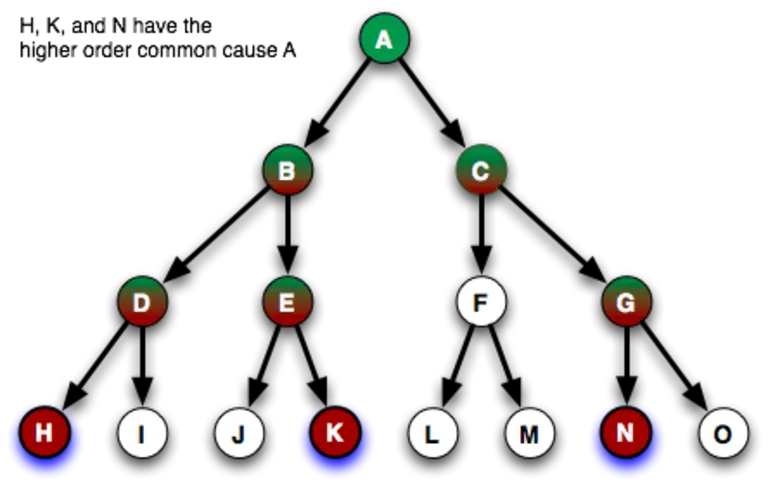
inBook
2022
Repository Open Access
Information and complexity, or: Where is the information?
In: Complexity and emergence : Lake Como School of Advanced Studies, Italy, July 22-27, 2018 / Sergio Albeverio... (eds.)Cham : Springer, 2022. - pp. 87-105
(Springer proceedings in mathematics and statistics ; 383)
inJournal
2021
Journal Open Access
Confounding ghost channels and causality : a new approach to causal information flows
In: Vietnam journal of mathematics, 49 (2021) 2, pp. 547-576inBook
2020
A numerical efficiency analysis of a common ancestor condition
In: Mathematical aspects of computer and information sciences : 8th international conference, MACIS 2019, Gebze-Istanbul, Turkey, November 13-15, 2019 ; revised selected papers / Daniel Slamanig... (eds.)Cham : Springer, 2020. - pp. 357-363
(Lecture notes in computer science ; 11989)
inJournal
2020
Journal Open Access
Information decomposition based on cooperative game theory
In: Kybernetika, 56 (2020) 5, pp. 979-1014inBook
2018
Repository Open Access
Computing the unique information
In: IEEE international symposium on information theory (ISIT) from June 17 to 22, 2018 at the Talisa Hotel in Vail, Colorado, USAPiscataway, NY : IEEE, 2018. - pp. 141-145
inJournal
2016
Journal Open Access
Information flow in learning a coin-tossing game
In: Nonlinear theory and its applications, 7 (2016) 2, pp. 118-125inJournal
2015
Journal Open Access
Information-theoretic inference of common ancestors
In: Entropy, 17 (2015) 4, pp. 2304-2327inJournal
2014
Journal Open Access
Discriminating between causal structures in Bayesian networks given partial observations
In: Kybernetika, 50 (2014) 2, pp. 284-295inJournal
2013
'More is different' in functional magnetic resonance imaging : a review of recent data analysis techniques
In: Brain Connectivity, 3 (2013) 3, pp. 223-239inBook
2012
A new common cause principle for bayesian networks
In: Proceedings of the 9th workshop on uncertainty processing WUPES '12 : Marianske Lazne, Czech Republik ; 12-15th September 2012Praha : Academy of Sciences of the Czech Republik / Institute of Information Theory and Automation, 2012. - pp. 149-162
inJournal
2012
Information-geometric approach to inferring causal directions
In: Artificial intelligence, 182/183 (2012), pp. 1-31inJournal
2012
Journal Open Access
On solution sets of information inequalities
In: Kybernetika, 48 (2012) 5, pp. 845-864inJournal
2010
Repository Open Access
Justifying additive noise model-based causal discovery via algorithmic information theory
In: Open systems and information dynamics, 17 (2010) 2, pp. 189-212inJournal
2009
A refinement of the common cause principle
In: Discrete applied mathematics, 157 (2009) 10, pp. 2439-2457inJournal
2008
Repository Open Access



